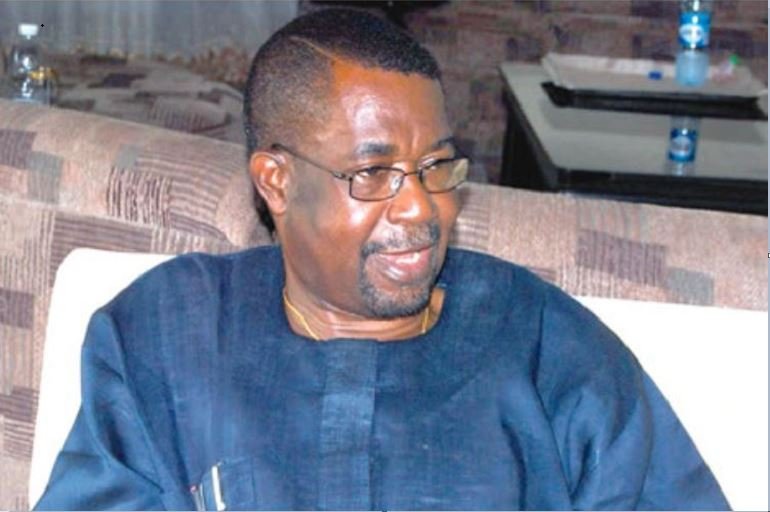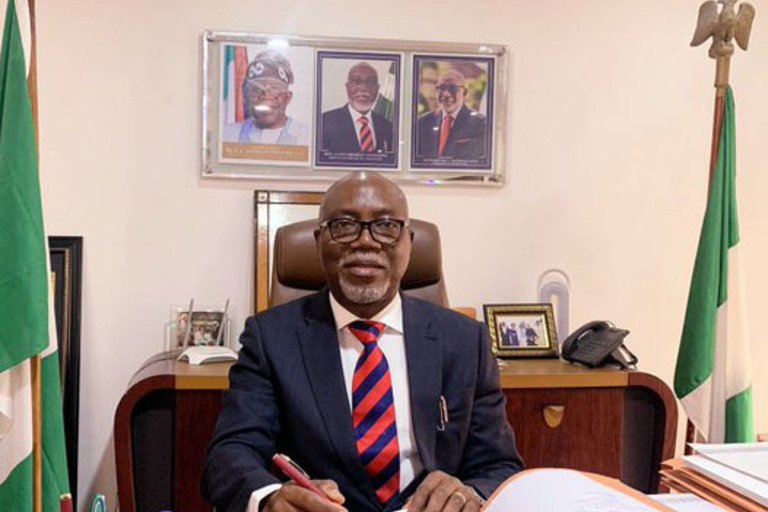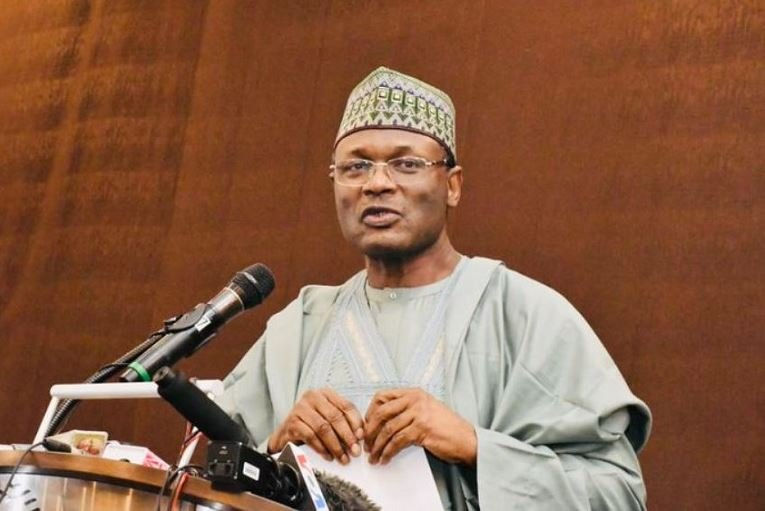Nigeria’s anti-graft agency, Economic and Financial Crimes Commission, EFCC, says it is investigating an audio tape that allegedly implicates the Attorney General of the Federation, Abubakar Malami in interfering with some corruption cases.
The EFCC noted that the content of the audio tape will be thoroughly investigated.
“The attention of the EFCC has been drawn to a trending audio tape in the social media, where Mohammed Idris, a lawyer and seconded police officer with the Commission, purportedly made unsubstantiated claims regarding the influence of the Attorney General of the Federation and Minister of Justice, Abubakar Malami , SAN , on the Commission.
“The Commission wishes to state that it has commenced investigation into the content of the audio tape and will activate its internal mechanism to deal with the issues arising therefrom.
EFCC added that, “For the avoidance of doubt, the EFCC does not condone acts of corruption. Abuse of privilege for financial gratification by personnel of the Commission is a serious offence against discipline.
“Without prejudice to the outcome of the investigation, snippets of the audio recording clearly showed an abysmally compromised “officer” dropping names to ingratiate his benefactor, a relative of a crime suspect. By the alleged action, the said officer is no more than a corrupt fifth columnist with scant regard for the values of the Commission.
“The action is contemptuous of the established Standard Operating Procedure of the EFCC. Such professional indiscretion has no place in the new EFCC. The Commission encourages citizens who encounter any such unprofessional conduct by personnel of the EFCC to report to the Commission in support of our quest to build a better Agency.
EFCC urged the public to report similar cases. “Reporting such conducts has been made easy by the Eagle Eye App, a financial crimes reporting application which was launched earlier in the year. We encourage members of the public to download the App from the Apple and Google Play Store and put it to use.
“Finally, the Commission wishes to assure the public that its operations are guided by established professional precepts which do not support the kind of discretion that could allow for manipulation by external actors”.











